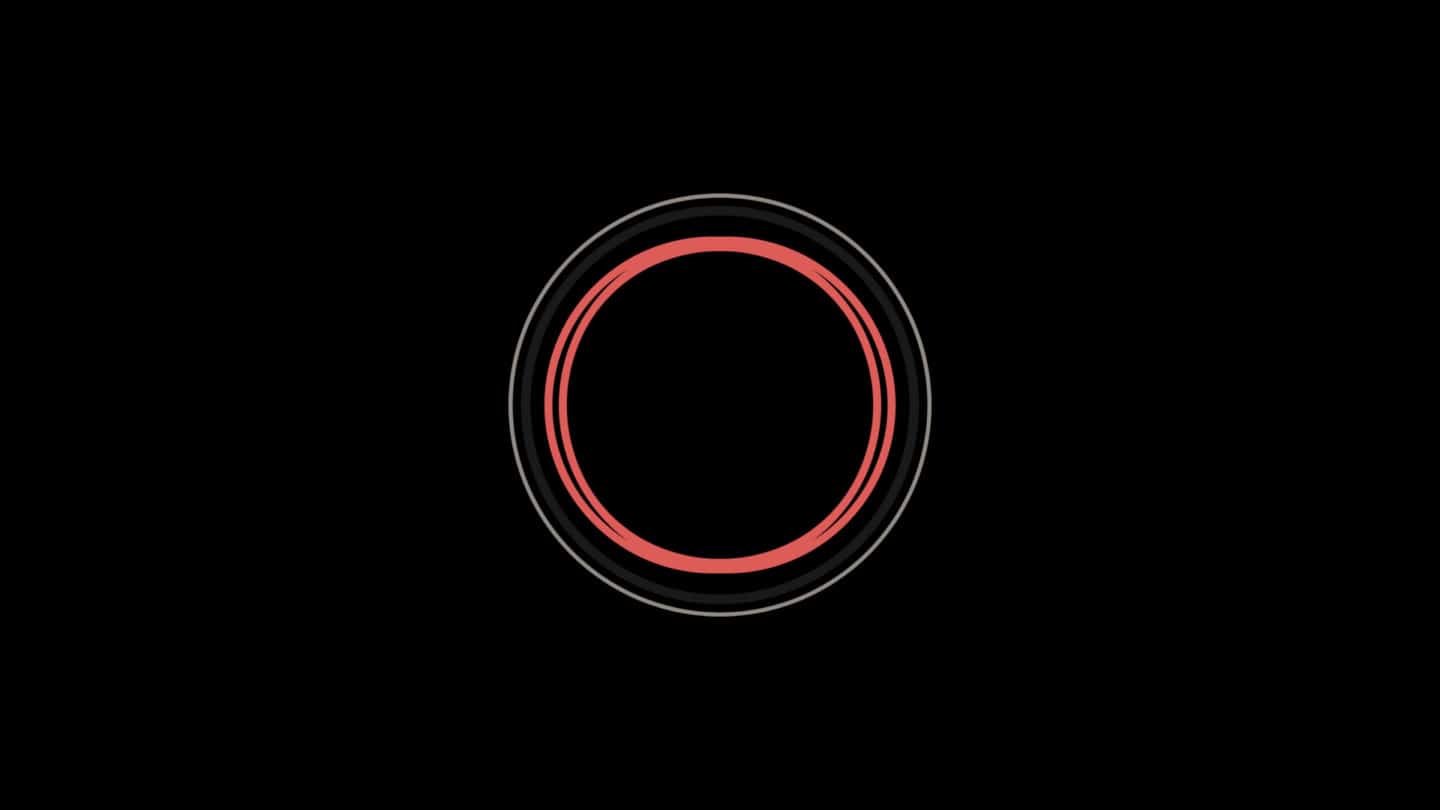Join me LIVE every Wednesday at 11am Eastern for in-depth web design and development critiques, plus spur-of-the-moment mini-tutorials based on our discussion!
WANT TO GET YOUR SITE CRITIQUED? SUBMIT YOUR URL AT https://geary.co/critique-application/
Through the critique process, you’ll learn tips, insights, and best practices for things like:
- UX Design
- UI Design
- Technical SEO
- On-Page SEO
- Copywriting
- Content Marketing
- Conversion Optimization
- Offer Strategy
- Technical Development Best Practices w/ DOM Inspection
- And more!

